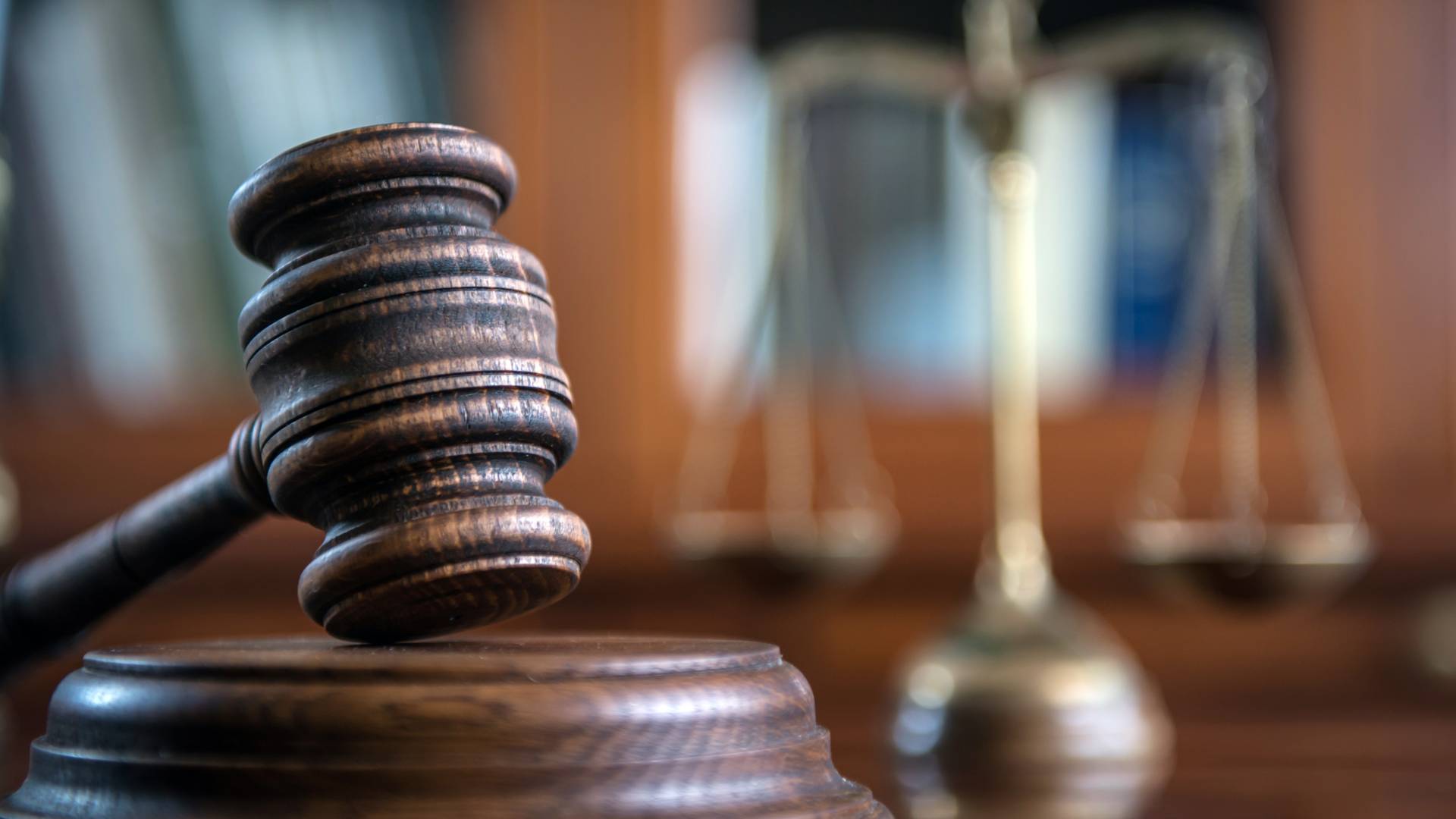
SANTA MARIA CRIMINAL DEFENSE ATTORNEY
Santa Maria has 15 beaches and 34 tasting rooms within a 30-minute radius. With award winning wine and a getaway mentality, it can be easy to get wrapped up in the moment and over pour. However, alcohol consumption in public if taken too far can lead to arrest on a charge of public drunkenness.
California Penal Code 647f defines public intoxication as being willfully under the influence while you are in a public area. You must also be intoxicated to the point where you cannot care for your safety or the safety of others around you, and/or to the point that you have become a hindrance or obstruction to other people using the public walkways, such as pavements or streets.
If you have been arrested for being intoxicated in public, it does not mean that you are guilty. It’s important to vigorously fight a public intoxication charge because a criminal conviction will stay on your record and can adversely affect job and educational opportunities down the road.
A former Prosecutor for the District Attorney’s Offices in Santa Barbara and San Diego Counties, Sanford Horowitz and his legal team will offer you a free consultation, investigate the evidence against you, and recommend practical steps to achieve the best possible results in your case.
THE ACT OF PUBLIC INTOXICATION
In order to convict you of public intoxication in Santa Maria, the prosecution must prove each of the following elements beyond a reasonable doubt:
- You were willfully under the influence of alcohol, drugs or a controlled substance;
- You were in a public place when you were under the influence; and
- You were either unable to exercise care for your safety or the safety of others, or you were obstructing a “public way.”
Looking at the above list, you might notice that state law requires that you have willfully become drunk in order to qualify for a conviction on this charge. If someone has put a substance in something you’ve been drinking without your knowledge, you are not willfully drunk.
Next, California law defines a public place as any area outside of a home in which a stranger is free to walk. This can be anything from a sidewalk to a restaurant, stadium, pub, nightclub, a hallway in a hotel or apartment building, or in a car parked on a street. This includes a front lawn, but not a backyard of a home.
Let’s say Hayley ingests drugs at a party that cause her to frantically sprint up a freeway ramp, thinking she can walk across it. If her actions cause a big wreckage of cars that run into each other trying to avoid her, she can be charged with public intoxication because her behavior obstructed the use of the freeway.
If Michael has been drinking heavily at a bar and realizes he is too drunk to drive, he can decide to walk home. Although he is swaying back and forth, he is not causing harm to himself or others. Because Michael is not a danger, and he was not interfering with others’ ability to access the public ways, he is not guilty of public intoxication.
PUBLIC INTOXICATION PENALTIES
California Penal Code 647(f) is a misdemeanor offense. If convicted, you may face the following penalties:

If you were convicted of Penal Code 647(f) three times within a 12-month period, you face a minimum of 90 days in county jail. However, the court can suspend that sentence if you enter a 60-day alcohol treatment facility.
If you are under age 21 and you are convicted for public intoxication, you can also lose your driver’s license for one year (California Vehicle Code Section 13202.52). If you do not have a driver’s license, the court will order the Department of Motor Vehicles to delay issuing you a driver’s license for one year subsequent to the time you become legally eligible to drive.
A public intoxication conviction may also have negative immigration consequences. Under the United States immigration law, certain kinds of criminal convictions in Goleta can lead to a non-citizen being deported. Some convictions can also make an immigrant “inadmissible”.
The major categories of “deportable” or “inadmissible” crimes are:
- crimes of moral turpitude,
- aggravated felonies,
- controlled substance (drug) offenses,
- firearm offenses, and
- domestic violence crimes
If a defendant violated this statute because he was intoxicated via drug use or by using a controlled substance, then there may be grounds for deportation or inadmissibility.
If you willfully resist, delay, or obstruct a public officer in a discharge or attempt to discharge any duty of the officer, you are guilty of resisting arrest PC 148(a)(1). The crime of resisting, obstructing, or delaying an officer is charged as a misdemeanor. If found guilty, you may be punished by up to one year in jail.
FIGHTING A PUBLIC INTOXICATION CHARGE
If you are accused of a crime under this statute, then you can challenge the accusation by raising a legal defense. A good defense can often get a charge reduced or even dismissed.
Three common defenses to this crime are to show that you were:
- not in a public place,
- involuntarily intoxicated, and/or
- lack of probable cause
NOT IN A PUBLIC PLACE
The term “in public” has a very specific definition under this law and has been interpreted by the courts in certain ways. It is always a legal defense to PC 647f accusations for an accused to say that, although intoxicated, they were not in a public place. You may argue, for instance, that you were drunk in your own home.


The Right Firm Makes a Difference
Why Clients Choose Us
-
Aggressive & Compassionate RepresentationYou are our number one priority in and out of the courtroom.
-
Former Prosecutor on Your Team
Work with an experienced former prosecutor who knows both sides.
-
Providing Service in SpanishCriminal defense provided by a Spanish-speaking team.
-
Offering 100% Free ConsultsTalk through all of your legal options during a free consultation.

What Clients Are Saying
-
A former prosecutor, Sandy is a skilled litigator who understands both sides of the criminal justice system, which is a tremendous asset. While we hope never to be in a similar situation again, we can recommend Sandy without hesitation.- Ann S.
-
A great relief and reassurance to anyone potentially facing criminal charges.- S.A.
-
To say that Horowitz is a great lawyer is an understatement. I would highly recommend him to anyone dealing with a legal issue.- Haley S.
-
In addition to being highly intelligent and professional, he is incredibly empathetic and kind, which helps when dealing with life’s unpleasant situations.- Eli S.